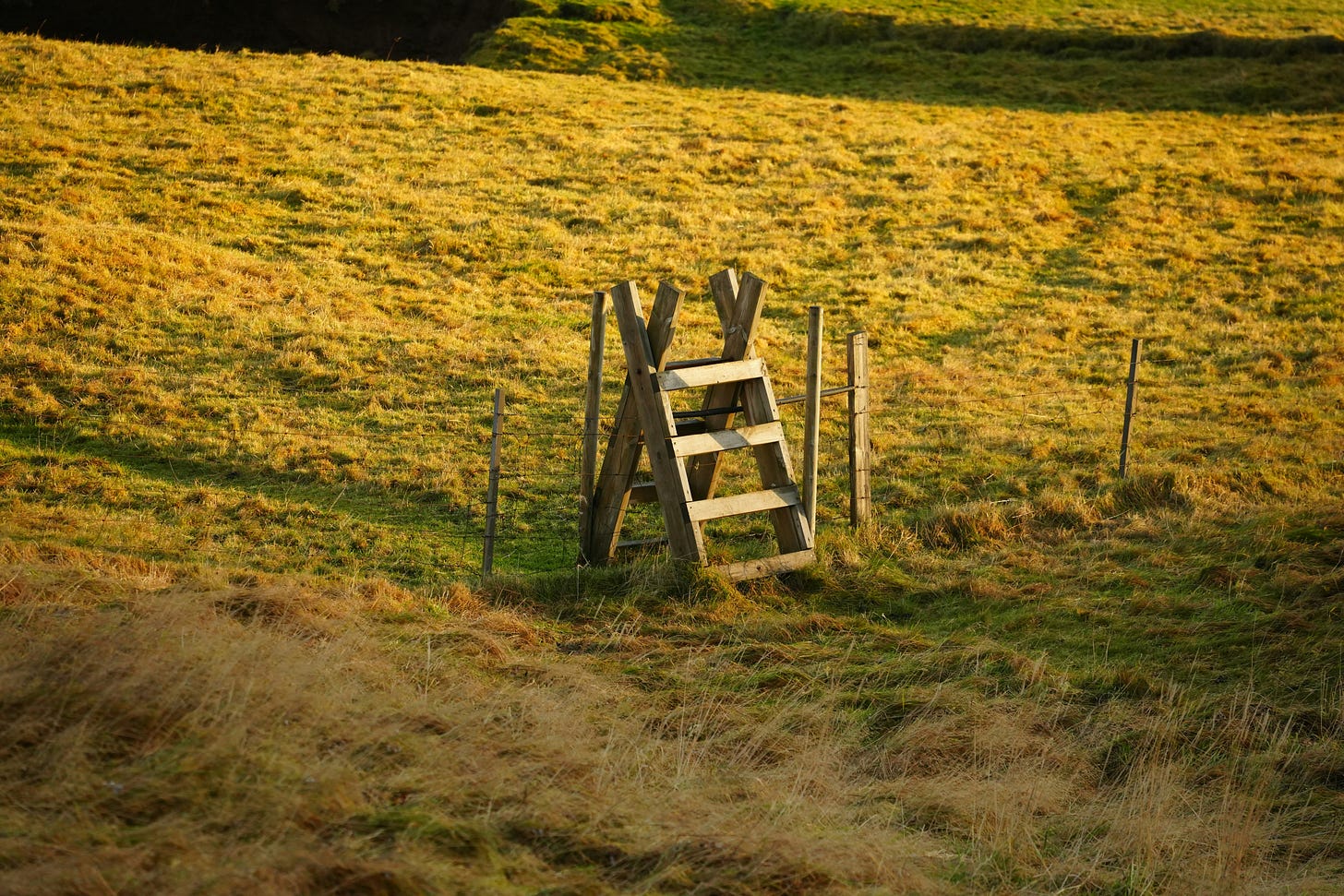Reflections 5th October
How many people can we be of service to?
Boundaries
Boundaries are neither good nor bad. It’s our relationship with them that makes the difference. Whether we’re aware of them, and when and why we choose to cross them.
I think many of us are overwhelmed at the moment by the amount of information coming our way, wondering who or what originated it and what its intention is.
It is easy to allow the noise, the things that capture our attention but about which we can do little, to overwhelm the signal, the things we can. Stephen Covey drew a neat line between what we care about and what we can actually affect. He called the first our circle of concern: the broad sweep of politics, economics, and other people’s choices. The second, he named the circle of influence: the smaller patch where our actions genuinely change outcomes. His point was simple: frustration lives in the gap. Those who dwell in concern without influence exhaust themselves. Those who work where they can actually change something, no mat…
Keep reading with a 7-day free trial
Subscribe to Outside the Walls to keep reading this post and get 7 days of free access to the full post archives.


